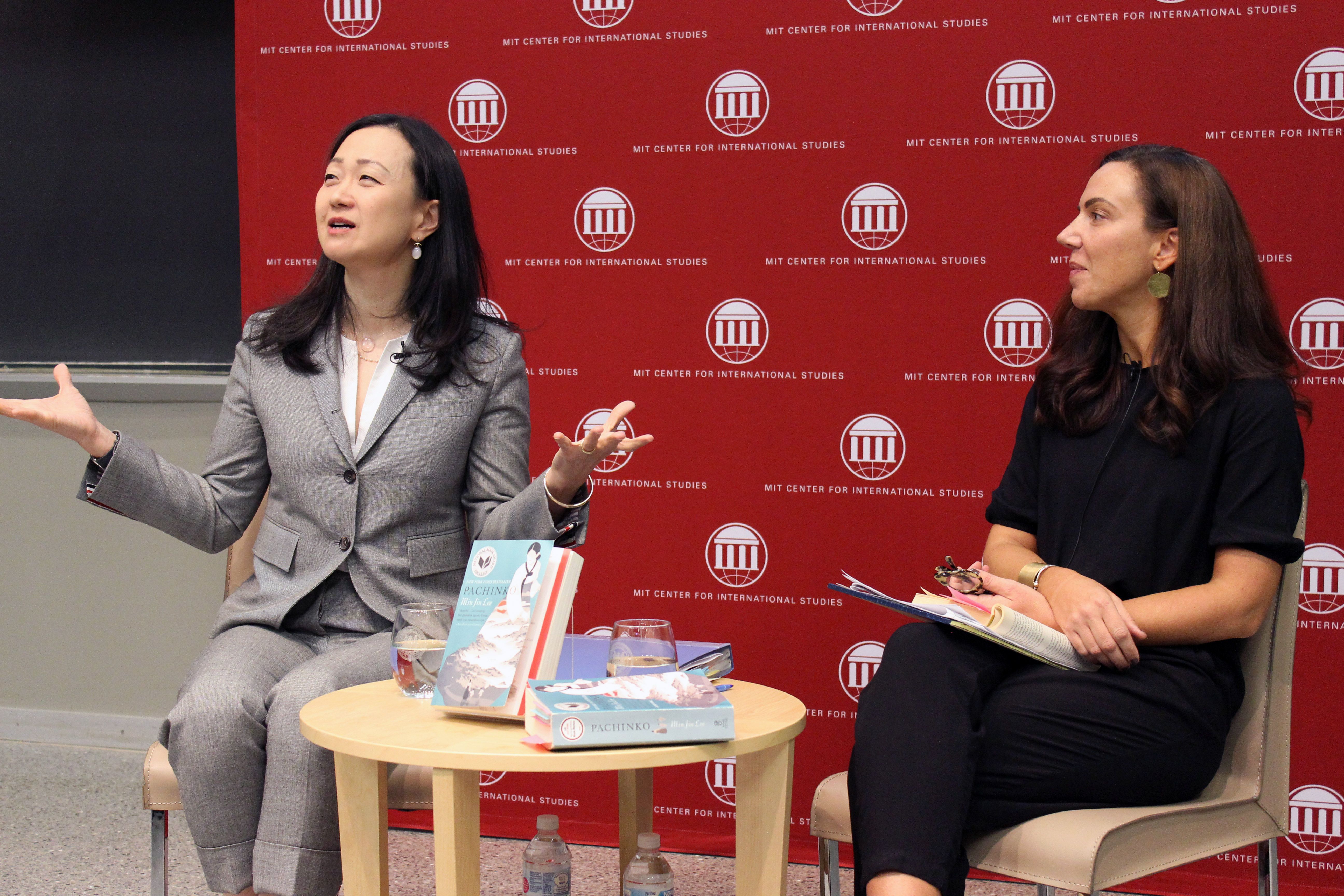

Instead, she accepts an offer of marriage from a gentle, sickly minister passing through on his way to Japan. He promises her the world, but when she discovers she is pregnant-and that her lover is married-she refuses to be bought. In the early 1900s, teenaged Sunja, the adored daughter of a crippled fisherman, falls for a wealthy stranger at the seashore near her home in Korea. And yet we played on, because we had hope that we might be the lucky ones." "There could only be a few winners, and a lot of losers. NEW YORK TIMES BESTSELLER * #1 BOSTON GLOBE BESTSELLER * USA TODAY BESTSELLER * WALL STREET JOURNAL BESTSELLER * WASHINGTON POST BESTSELLER Roxane Gay's Favorite Book of 2017, Washington Post

NEW YORK TIMES NOTABLE BOOK OF 2017 * A USA TODAY TOP TEN OF 2017 * JULY PICK FOR THE PBS NEWSHOUR-NEW YORK TIMES BOOK CLUB NOW READ THIS * FINALIST FOR THE 2018 DAYTON LITERARY PEACE PRIZE* WINNER OF THE MEDICI BOOK CLUB PRIZE Elaine Petrocelli, Book Passage, Corte Madera, CAĪ New York Times Top Ten Book of the Year and National Book Award finalist, Pachinko is an "extraordinary epic" of four generations of a poor Korean immigrant family as they fight to control their destiny in 20th-century Japan ( San Francisco Chronicle). Lee illuminates the history of Koreans during and after World War II, but, more than that, she brings us a haunting yet beautiful story of family, devotion, lies, politics, and, of course, the game of pachinko.” The characters are complex and fascinating, and the setting is so beautifully drawn that I felt I was right there with them in Korea, Japan, and the U.S. Pachinko is one of those rare novels that changes your perception of history. Jennifer Steele (E), Boswell Book Company, Milwaukee, WI Top Ten It will take hold of you and not let go!”

Min Jin Lee gives us a phenomenal story about one family's struggle that resonates with us today. Through it all is a message about love, faith, and the deep-rooted bonds of family. As the bonds of family are put to the test in the harsh realities of their world, Sunja and those she holds dear manage to carve themselves a place to call home with hard work, self sacrifice, and a little kimchi. Pachinko follows one family through an ever-changing cultural landscape, from 1910 Korea to 1989 Japan. “A father's gentle nature, a mother's sacrifice, a daughter's trust, and a son's determination are the cornerstones of this grand, multilayered saga.


 0 kommentar(er)
0 kommentar(er)
